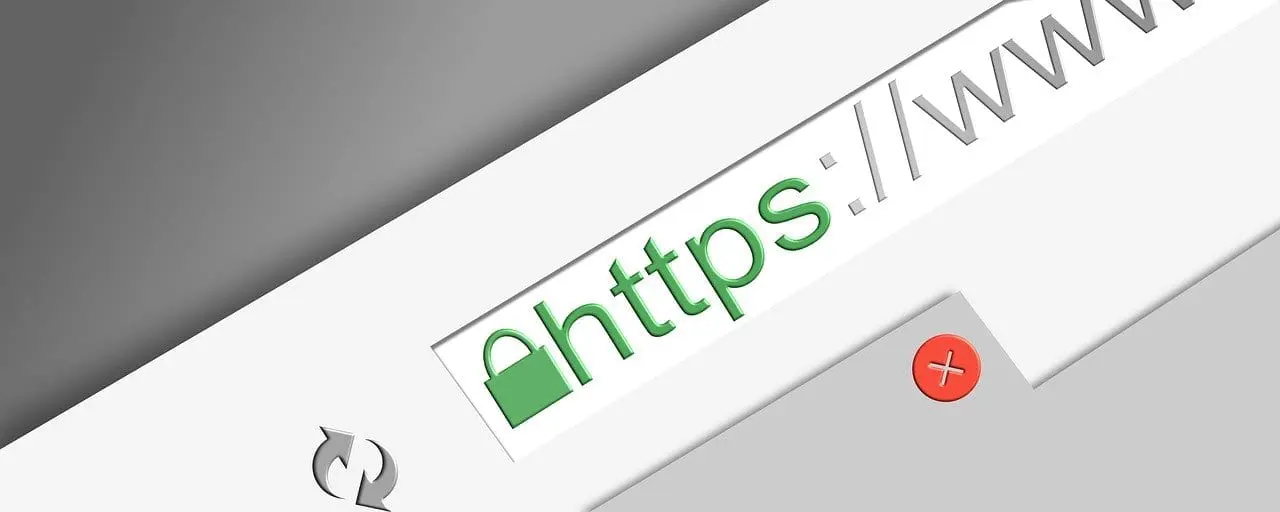Almost every professional website today uses SSL and HTTPS. Still, at The Hostmasters, we encounter many websites that do not show the secure lock icon in the browser. This is unsafe and also harms your Google ranking. But what exactly is SSL, why is it important, and how do you fix common SSL and HTTPS errors?
What Does SSL Stand For?
SSL stands for Secure Socket Layer. It is a technology that encrypts the connection between your browser and a website. This means your data (such as login details, contact information, or payment data) cannot be intercepted by hackers. Today SSL has been replaced by TLS (Transport Layer Security), but people still call it an SSL certificate.
Why You Need SSL in 2025
There are several reasons why SSL is no longer optional:
- Security: All data is encrypted and unreadable for attackers.
- Trust: The lock icon in the browser reassures visitors that your site is safe.
- SEO: Google gives a ranking boost to websites that use HTTPS.
- Compliance: Under GDPR/AVG, you must secure personal data that is transmitted via your website.
- Browser warnings: Sites without SSL show “Not Secure” messages, which scare visitors away.
How Does SSL Work?
SSL certificates use a system of private and public keys to secure data:
- You generate a private key on your server.
- With that, you create a CSR (Certificate Signing Request) and send it to a Certificate Authority.
- The CA validates your domain or company and issues an SSL certificate (the public key).
- Your server installs the certificate, and visitors’ browsers can then create an encrypted connection using it.
This process ensures two things: data is encrypted, and the identity of the website is verified.
Types of SSL Certificates
Not all SSL certificates are the same. Depending on your website, you can choose:
- DV (Domain Validated): Fast and simple, only validates your domain. Ideal for blogs and small sites.
- OV (Organization Validated): Validates both the domain and your company details. Suitable for businesses.
- EV (Extended Validation): The strictest validation, showing your company name in browsers. Often used by banks and e-commerce.
- Wildcard SSL: Secures your domain and all subdomains (e.g. shop.example.com, blog.example.com).
- Multi-Domain SSL (SAN): Secures multiple domains under one certificate. Useful for companies with several brands.
Common SSL and HTTPS Errors
Below are some common SSL-related errors and what you can do about them:
‘Your Connection is Not Private’ or ‘SSL Certificate Error’
This means the browser doesn’t trust the SSL certificate. Possible solutions:
- Check your computer date: An incorrect system clock can make valid certificates look invalid.
- Update your browser: Old browsers may not support modern certificates.
- Disable antivirus SSL scanning: Some antivirus tools cause conflicts. Test by disabling it temporarily.
- Clear cache and cookies: Old certificates may be cached in your browser.
- Contact the website owner: If the certificate has expired or is misconfigured, the site owner must fix it.
‘This Site Cannot Provide a Secure Server Connection’
This happens when the web server is misconfigured or the SSL certificate is missing. Only the site owner or hosting provider can solve this problem by renewing or reinstalling the SSL certificate.
‘This Web Page is Not Available’ Due to Outdated Security
Some websites still use old, insecure protocols (like TLS 1.0 or 1.1). Modern browsers block these connections. The site owner must update the SSL configuration to TLS 1.2 or TLS 1.3.
Mixed Content Warnings
Even if your website has SSL, browsers can show a warning if some resources (like images, CSS, or scripts) still load over http://. The solution is to update all links to https://.
Does SSL Improve SEO?
Yes. Google uses HTTPS as a ranking factor. This means that secure websites have a higher chance of ranking above unsecured ones. In addition, visitors are more likely to click on a secure site in search results.
Is SSL Free or Paid?
You can choose between free and paid SSL certificates:
- Free SSL (Let’s Encrypt): Great for small sites and included in every The Hostmasters hosting package. Valid for 90 days and auto-renewable.
- Paid SSL: Offers higher validation (OV/EV), warranties, and support. Recommended for businesses and e-commerce.
FAQs About SSL
Do I need SSL if I don’t sell anything online?
Yes. Even a simple contact form requires SSL to comply with GDPR and to avoid “Not Secure” warnings.
Is SSL the same as HTTPS?
Not exactly. SSL (or TLS) is the technology, and HTTPS is the protocol that uses SSL/TLS for secure communication.
Will SSL slow down my website?
No. With modern hosting, SSL often makes your website faster thanks to HTTP/2 and HTTP/3.
How do I know if a website has SSL?
Check if the web address starts with https:// and look for the lock icon in the browser.
Troubleshooting SSL as a Site Owner
If you manage a website, solving SSL issues quickly is crucial to avoid downtime or lost visitors. Always make sure:
- Your SSL certificate is valid and renewed on time.
- You install the complete certificate chain (including intermediates).
- All resources load over
https://to prevent mixed content errors. - You use modern TLS protocols (TLS 1.2 and TLS 1.3).
SSL at The Hostmasters
With The Hostmasters, you don’t have to worry about SSL. Every hosting package includes a free SSL certificate. For businesses with advanced needs, we also offer OV, EV, Wildcard, and Multi-Domain certificates. This way your site is always secure, trusted, and ready for Google.
Do you want to secure your website today? Contact us now and we’ll arrange everything for you!


